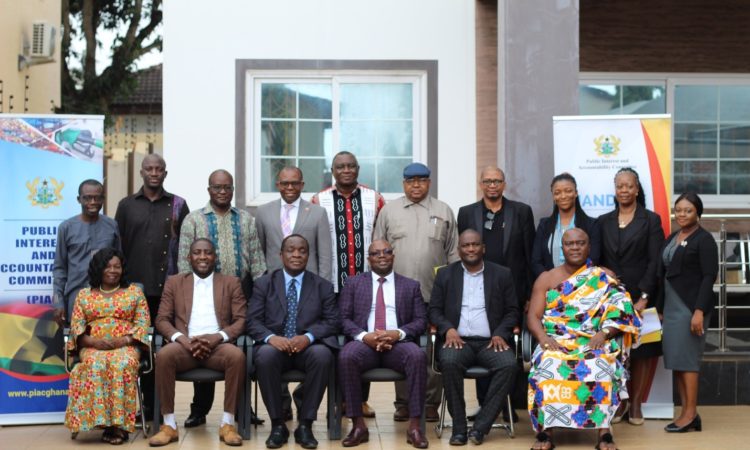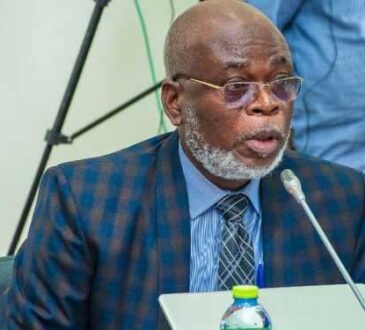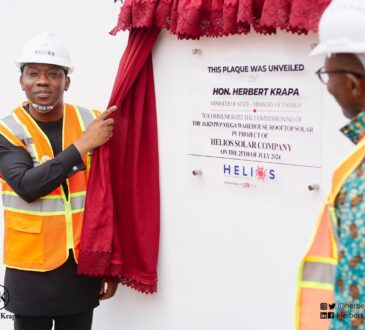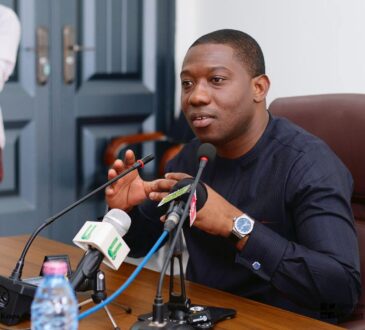
A delegation from the Upper House of Parliament from the Republic of Namibia paid a courtesy call on the Public Interest and Accountability Committee (PIAC) on July 27, as part of a working visit to Ghana, to understand petroleum revenue management and its maximisation for the benefit of citizens from the emerging petroleum industry.
The delegation, which comprised Members of the Parliamentary Committee on Agriculture, Environment and Natural Resources, was led by the Vice-Chairman of the committee, Mr Elder Filipe.
The visit was in accordance with Rule 159 of the National Council Standing Rules and Orders of the Namibian Parliament, which mandates the Committee to address matters pertaining to various sectors such as water, agriculture, land, environment, forest, mines and energy.
They were received by the Chairman of PIAC, Professor Kwame Adom-Frimpong and other Members of PIAC.
Stating the purpose of their visit, the leader of the delegation, Mr Elder Filipe, said Namibia had discovered hydrocarbons which needed to be exploited for the benefit of its citizens, and as such it was important to learn from other countries who have a wealth of experience to share in order that the country got it right from the start.
He hinted of plans to establish an accountability Committee like PIAC in Namibia to ensure that revenues from petroleum resources are managed and utilised effectively to avoid the resource curse; hence the visit to PIAC as part of its broader visit to Ghana.
Mr Filipe noted that Ghana had been very progressive in the management of its petroleum revenues with the promulgation of laws and necessary institutions to govern operations in the sector.
Receiving the delegation, Professor Kwame Adom-Frimpong, provided an overview of what PIAC is and its role within the petroleum revenue management space.
He noted that it was important for the leadership of Namibia to ensure that there was secured funding for the Accountability Committee Namibia intended setting up, to facilitate its smooth operation. Recounting the struggles of PIAC, Prof Adom-Frimpong said PIAC in its formative years had no source of funding in the Act, and thus had to rely on funds from donor partners supplemented by allocation from the Ministry of Finance to fund its activities.
Professor Adom-Frimpong explained that since 2011 when PIAC was established, it was when the Petroleum Revenue Management Act (PRMA) 2011, Act 815 was amended in 2015 that a permanent source of funding was secured for the Committee.
He also urged the Parliamentarians to show real commitment towards the work of the yet-to-be established Committee to help in the implementation of the recommendations it churns out.
Ending the discussions, the PIAC Chairman expressed the Committee’s willingness to provide technical support that their Namibian counterparts will require in their attempt to promote transparency and accountability with their natural resource.







